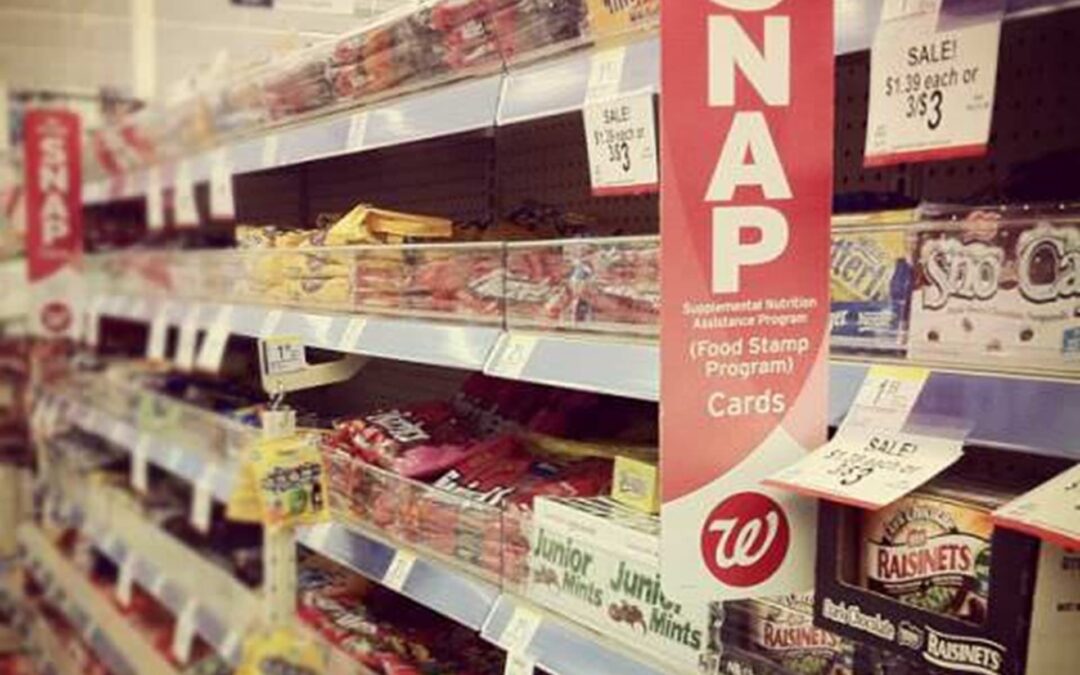The Supplemental Nutrition Assistance Program (SNAP), also known as food stamps, is a government program that provides financial assistance to low-income individuals and families to purchase food. The program is intended to help those in need access a more nutritious diet and improve their overall health. However, SNAP funding is being used to purchase unhealthy, processed foods rather than healthier options, and that this contributes to the high rates of diet-related diseases such as obesity and type 2 diabetes in the United States. Multiple sources have reported that SNAP beneficiaries spend a significant portion of their benefits on such foods, and that major food companies and retailers benefit significantly from SNAP participation.
- A study by the Cato Institute found that in 2011, SNAP participants spent $2.5 billion on soft drinks, $1.7 billion on cereals, and $1.1 billion on candy.
- According to the Congressional Research Service, SNAP benefits are intended to “supplement the food budget of needy households so they can purchase a nutritionally adequate diet.” However, a study conducted by the USDA found that SNAP participants had a lower diet quality than non-participants, with higher levels of added sugars, saturated fat, and sodium, and lower intake of whole grains, fruits, and vegetables.
- A number of major retailers, including Walmart, Kroger, and Safeway, as well as major brands like Kraft, Pepsi, and Coca-Cola have lobbied against stricter SNAP regulations that would limit the types of foods that can be purchased with SNAP benefits.
